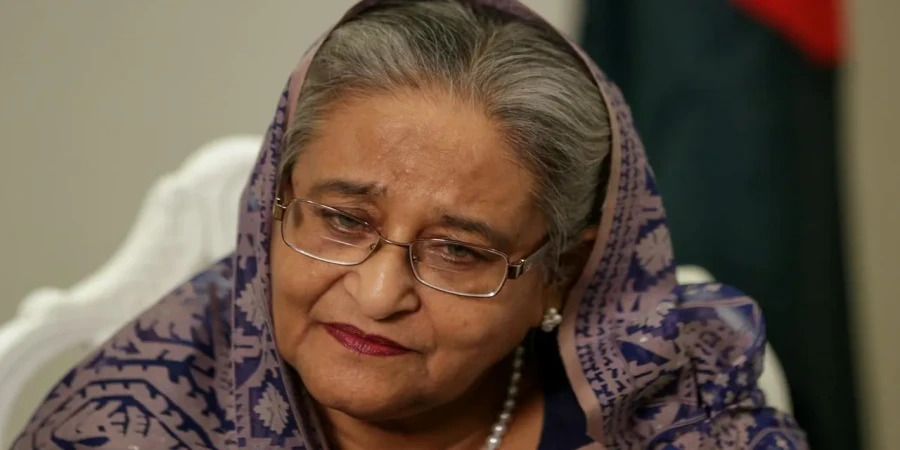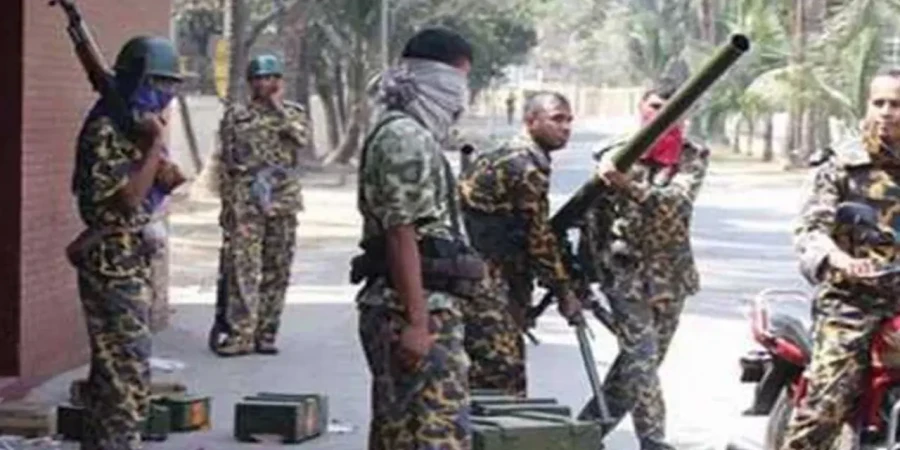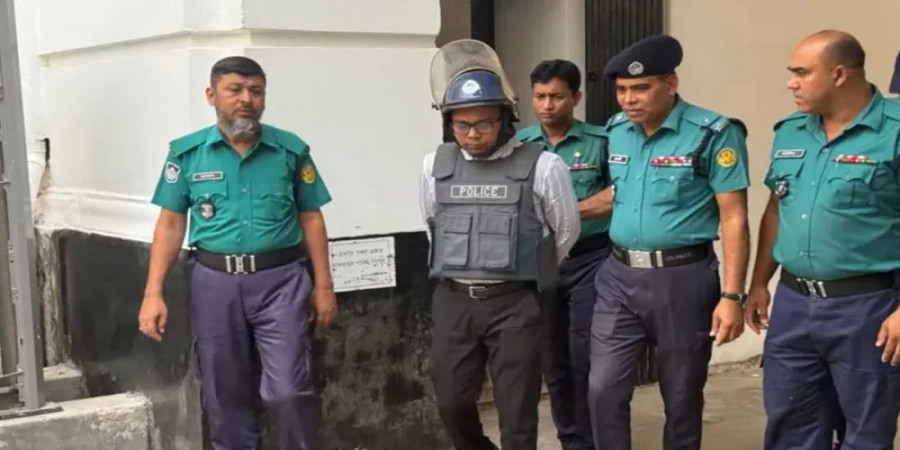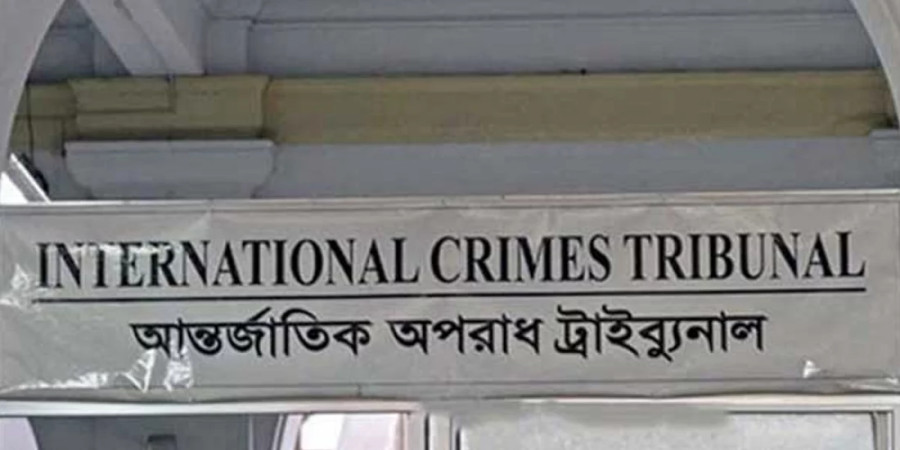
ছবি: Photo: Collected
The International Crimes Tribunal is set to receive the formal submission of charges against former Prime Minister Sheikh Hasina on Sunday. According to Prosecutor Gazi M.H. Tamim, the proceedings—if approved by the tribunal—may be aired live through Bangladesh Television (BTV).
Speaking on Saturday, Prosecutor Tamim stated that the official presentation of charges could be broadcast live during the tribunal’s proceedings, depending on authorization. This marks a significant legal development following the submission of an investigative report on May 12 by the tribunal’s investigation agency, which accused Sheikh Hasina of committing crimes against humanity during the mass violence of July and August.
The report, submitted at the Chief Prosecutor’s office, outlines serious allegations implicating Sheikh Hasina as a primary figure behind the events described as the “July Revolution.” According to the investigators, she acted as the main mastermind and superior commander responsible for ordering the atrocities. Alongside her, two others have also been named as accused in the case. The investigation was reportedly concluded within six months and twenty-eight days, focusing on the mass killings and associated violations of international humanitarian norms.
The Chief Prosecutor, Mohammad Tazul Islam, in a press briefing, elaborated on the findings of the investigative team. He stated that Sheikh Hasina has been primarily charged with five separate counts. The first charge alleges that she incited and provoked crimes against humanity during a press conference held on July 14. During that conference, she reportedly referred to protesting students using derogatory terms such as “offspring of collaborators,” which prosecutors claim was a deliberate move to mobilize state forces and allied political groups against the demonstrators.
Prosecutors argue that the inflammatory language used by Sheikh Hasina was not merely rhetorical but served as an incitement for state security forces—including police, intelligence agencies, and military units—as well as auxiliary groups like the Awami League, Jubo League, and Chhatra League to carry out violent crackdowns on peaceful student protesters. These groups allegedly used deadly force, including firearms and blunt weapons, to suppress the movement, resulting in fatalities and severe injuries.
The second major charge pertains to direct orders issued by Sheikh Hasina to deploy lethal measures against unarmed civilian protesters. The investigative team claims to have obtained multiple intercepted telephone conversations in which Sheikh Hasina reportedly instructed state forces to utilize helicopters, drones, armored vehicles, and other military-grade weaponry to eliminate peaceful demonstrators who were advocating for legitimate civic reforms.
Chief Prosecutor Tazul Islam noted that the remaining three charges are linked to specific incidents where Sheikh Hasina’s directives allegedly led to egregious acts of violence. These include targeted killings, torture, and large-scale suppression of medical assistance to the injured. According to the submitted report, Sheikh Hasina was directly involved in formulating and conveying instructions that contributed to the chain of events leading to these atrocities.
The prosecution alleges that nearly 1,500 people were killed and more than 25,000 injured as a result of gunfire and physical assaults. The report further accuses state forces and affiliated political groups of committing gender-based violence, obstructing the transportation of wounded individuals to hospitals, and denying them medical care. It is also claimed that the bodies of victims were collected and incinerated to conceal evidence, and that post-mortem examinations were deliberately prevented.
In one of the most disturbing allegations, prosecutors assert that Sheikh Hasina personally visited hospitals and instructed staff not to provide treatment to wounded protesters. Victims reportedly writhed in pain as medical professionals were threatened or barred from delivering care. The report quotes statements indicating that she allegedly ordered that no one be allowed to leave the hospital premises, even if their condition worsened to the point of requiring amputations due to neglect.
Addressing arson incidents that occurred during the same period, Tazul Islam claimed that Sheikh Hasina had authorized operatives to set fire to government installations with the intention of blaming protesters for the damage. These acts were allegedly carried out to justify subsequent crackdowns and arrests, further suppressing the dissenting voices.
The court will now review the submitted report to determine whether the allegations and supporting evidence are sufficient to proceed with formal hearings. If accepted, the tribunal will schedule further sessions to assess the admissibility and gravity of the charges under international and domestic legal frameworks governing crimes against humanity.
This development comes amid ongoing debates over the role of political leadership in recent episodes of state violence. The prosecution’s move to press charges against a former head of government is being viewed as both a critical legal milestone and a politically charged act that could have wide-reaching implications for Bangladesh’s political landscape.
As of now, the tribunal has not confirmed whether Sunday’s proceedings will be broadcast live. However, if approved, it would mark an unprecedented moment in the country's legal history—bringing one of its most prominent political figures before the court in a process accessible to the general public via national television.
repoter





